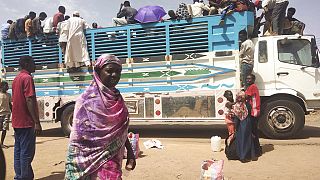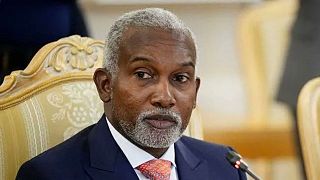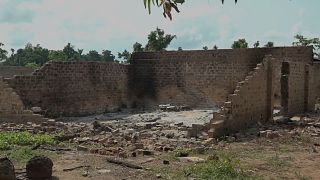The Morning Call
The COVID-19 pandemic and related measures have brought the world’s economy nearly to a total halt. A UN report released on May 12 projects the global economy to contract by 3.2% this year. World trade is forecast to shrink by nearly 15% amid sharply reduced demand and disruptions in global supply chains. The report known as the “World Economic Situation and Prospects (WESP) mid-2020” also adds, growth in developed economies will plunge to 5.0% this year, before picking up next year.
Now, most of those developing countries are in Africa and their economies are already facing a hard and harsh impact from the coronavirus. So far, Africa accounts for just a fraction of total cases of the disease which has infected nearly five million people worldwide. But then it just might be the hardest hit economically. One of the reasons being that many countries on the continent have what is called mono product based economies.
The oil and gas industry for instance contributes about 65% of Nigeria’s Government revenue and 88% of the country’s foreign exchange earnings. What this means is that happenings in the industry tend to have an impact on almost all other sectors of the economy. Today the global price of oil hovers around 30 dollars per barrel, a severe low. State revenues would decline and many things like funding of the budget for critical infrastructure, the power of the local currency, payment of salaries, and general government runnings would be affected.
How then can economies that face pressures such as these deal with the impact? On The Morning Call with Jerry Fisayo-Bambi is Nigerian banker and economist Alex Otti.





![Africanews celebrates fifth anniversary [Night Shift]](https://static.euronews.com/articles/stories/05/57/72/74/320x180_cmsv2_6b1e7837-a917-526b-b3b4-4582a3f8bcac-5577274.jpg)
![Africanews celebrates fifth anniversary [Morning Call]](https://static.euronews.com/articles/stories/05/57/72/70/320x180_cmsv2_a6c857d4-80a3-510a-88e6-f060ea8d9ee9-5577270.jpg)






Go to video
U.S. slashes visa duration for some African nationals amid policy shift
02:05
WAFCON: Super Falcons fans optimistic about the team's performance
01:06
Brazil launches major security operation ahead of BRICS Summit
01:30
Nigerian singer Tems launches Leading Vibe Initiative to support women in music
00:52
Nigeria’s Peter Obi to contest 2027 election, opposition coalition in jeopardy
11:15
AI drones lead breakthrough against malaria in Africa [Business Africa]